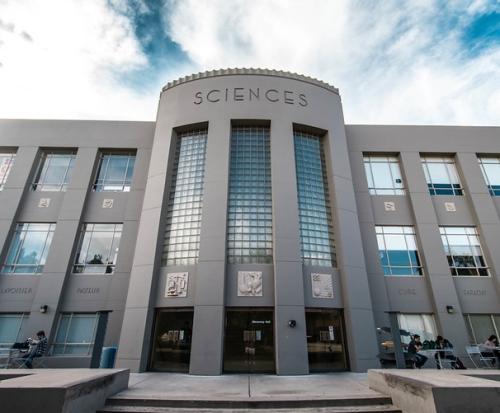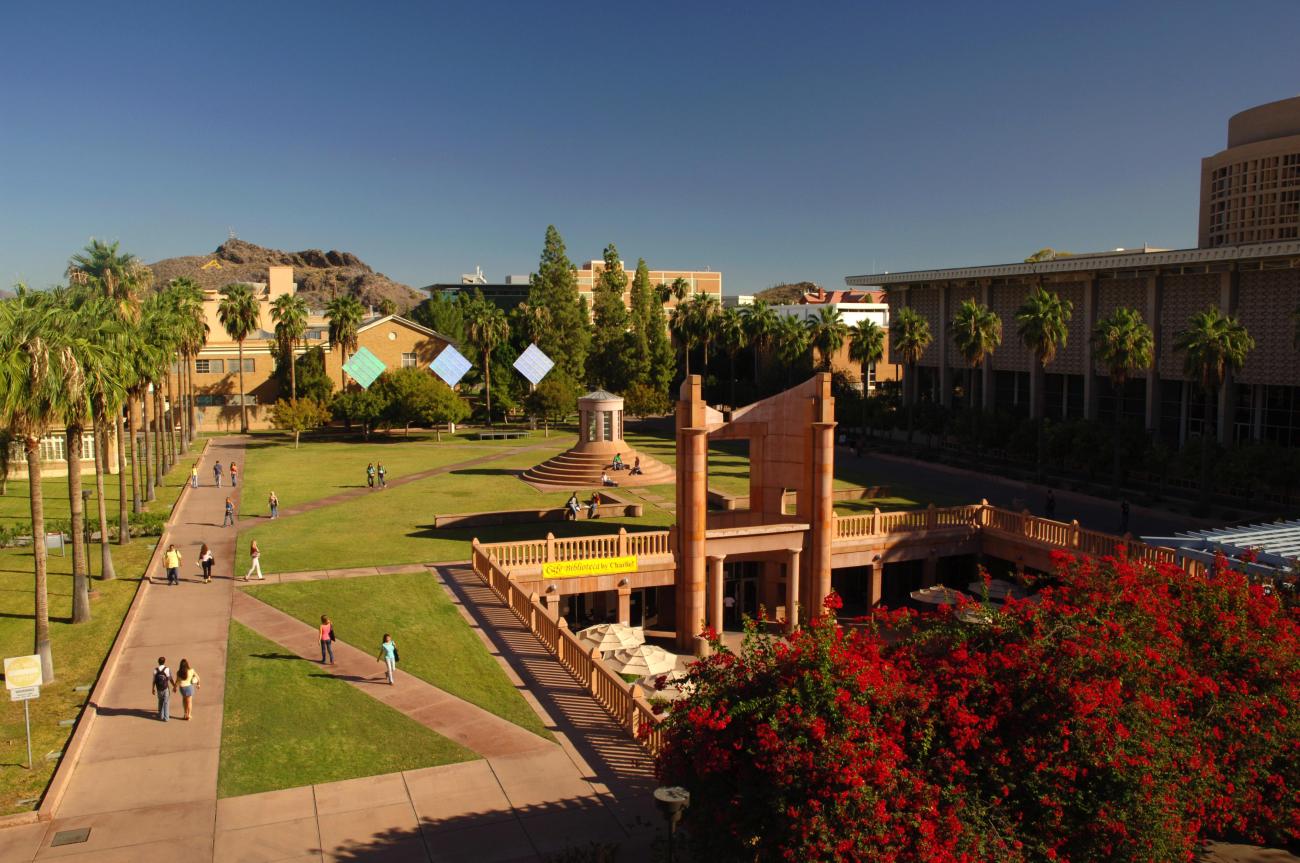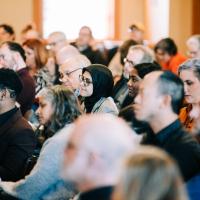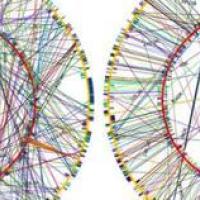The School of Historical, Philosophical and Religious Studies is affiliated with seven centers that work with the school to produce scholarships across many disciplines. Each center focuses on specific areas of research and study that create unique and concentrated experiences for those involved. The centers offer opportunities for academic exchange, internships, collaborative research and international development. From covering locales across the world to covering a range of thoughts relevant to today's society, the centers consist of transdisciplinary groups of faculty and students working to answer questions.
The Arizona Center for Medieval and Renaissance Studies
The Arizona Center for Medieval & Renaissance Studies (ACMRS) was established in 1981 by the Arizona Board of Regents as a state-wide, tri-university research unit that bridges the intellectual communities at Arizona State University, Northern Arizona University, and the University of Arizona. Located centrally on the campus of Arizona State University, ACMRS is charged with coordinating and stimulating interdisciplinary research about medieval and early modern literature and culture.
The Asia Center at ASU
The Asia Center at ASU invites you to explore ASU’s unique resources to enhance our knowledge about Asia, its cultural traditions and languages. Established by the Arizona Board of Regents in 1966, the Asia Center at ASU supports research and teaching about this diverse continent among faculty, students and the wider Arizona community.
Visit the Asia Center's website
Center for Jewish Studies
The Center's unique academic program and research center hybrid serves as an intellectual resource for all aspects of the Jewish experience, from philosophical and political viewpoints to the study of Judaism. Through undergraduate and graduate courses, research conferences, public lectures and more, it is committed to fostering critical inquiry and scholarly entrepreneurship as it disseminates accurate information about Jewish culture and enhances the quality of Jewish life around the world.
The Center for the Study of Religion and Conflict
The Center for the Study of Religion and Conflict (CSRC) at Arizona State University promotes interdisciplinary research and education on the dynamics of religion and conflict with the aim of advancing knowledge, seeking solutions and informing policy. By serving as a research hub that fosters exchange and collaboration across the university as well as with its broader publics—local, national, and global—the Center fosters innovative and engaged thinking on matters of enormous importance to us all.
The Center of Muslim Experience in the United States
The Center of Muslim Experience in the United States (CME-US) established at Arizona State University is a unique and original endeavor aimed at transforming and producing a positive image of Muslims. Drawing on ASU's charter of inclusivity, public values and community impact and the Islamic ethics of justice, equity and respect for difference, CME-US will accomplish the mission of highlighting and showcasing Muslim contributions and accomplishments in the United States.

The Lincoln Center for Applied Ethics
The Lincoln Center for Applied Ethics empowers the ASU community and beyond through scholarship, education and engagement to imagine, innovate, co-create and nurture our collective ethical future aimed at human and nonhuman flourishing. Established in 1998, the Lincoln Center is dedicated to fostering ethical behavior that leads to positive outcomes in all aspects of life.
The Melikian Center: Russian, Eurasian & East European Studies
The Melikian Center is a comprehensive research and training center with both instructional and research missions. It is home to over 40 faculty affiliates from ASU and community colleges throughout Arizona. As an instructional unit, the Center sponsors the Critical Languages Institute, one of the largest summer training academies for intensive training in less commonly taught East European and Eurasian languages.






